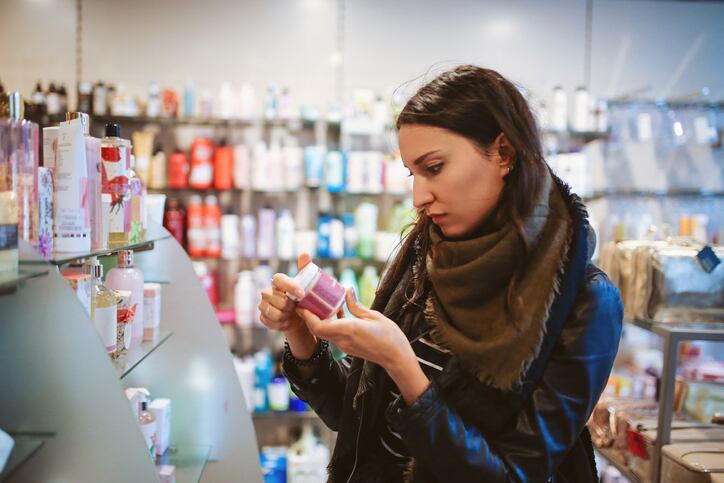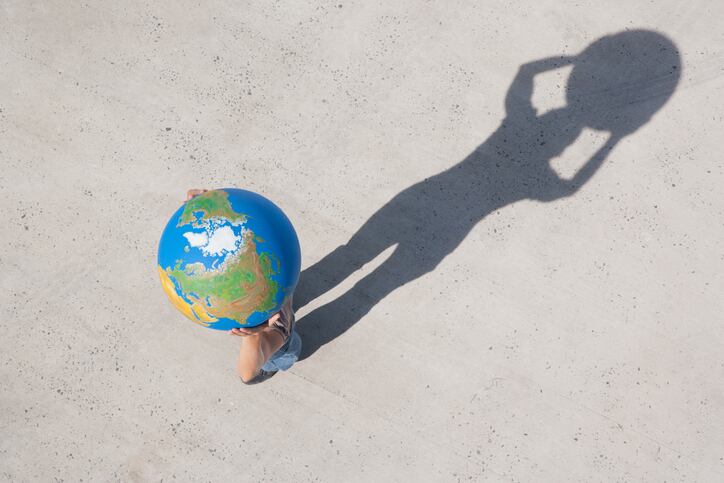Recent years had seen the ethical beauty trend gain strong ground, with a plethora of terms and certified labels used to communicate in this space. Driven by planetary needs amidst an ongoing climate crisis and consumer concerns around ingredients and product impact, the number of labels in beauty was rising fast behind food. From certified vegan, cruelty-free and halal, through to Fairtrade, UEBT, NATRUE and COSMOS, ethical labelling had surged in the beauty and personal care sector, according to Ecovia Intelligence.
Retailer standards – ‘expect more initiatives like this’
And, according to the research and consulting firm, ethical labelling was now stretching far beyond its NGO and beauty brand roots.
“What we’ve seen in the last few years is retailers have got more involved,” said Amarjit Sahota, founder of Ecovia Intelligence.
Addressing attendees at the research firm’s annual Sustainable Cosmetics Summit event in Paris, France, last month, Sahota added: “What we’re seeing is retailers are introducing their own sustainability schemes and ethical labels.”
Wholefoods, for example, had introduced the Premium Body Care standard with an extensive list of acceptable and unacceptable ingredients for products sold under this part of the store and website. Sephora had its Clean at Sephora label that brands could use if products met strict ingredient list requirements, with many ingredients disallowed. And, more recently, online retail goliath Amazon had introduced its own certification scheme Compact By Design to highlight products with lower environmental impacts and better unit efficiency.
“Retailers have been adopting their own schemes to help consumers make the right decisions,” Sahota said.
“…Expect more initiatives like this, whereby products that have a lower environmental impact, are more sustainable or ethically sourced, [are] going to be able to be easily found in retailers.”
Shifting from negatives to positives
Sahota said much of the ethical labelling movement thus far in beauty had centred around traceability and “avoiding contentious chemicals”. But he said talking about negatives and avoidance was not the best way forward.
Instead, industry would benefit from focusing on positives, he said, and could look to learn from some successful schemes in the food industry – a sector that now offered more than 200 ethical labels. One example to look at, he said, was the Regenerative Organic Certified label that centred around soil health, animal welfare and farmworker fairness and was also available for personal care ingredients.
However, moving forward, he said it would be key that beauty avoided overloading consumers with too many labels that became tough to decipher. “The risk is consumers will get confused. Consumers want an ethical product, a sustainable product, but they can’t always decode those labels.”
One way to address this, he said, could be wider use of technologies that offered a means for consumers to scan labels for deeper product and supply chain insights versus featuring everything on-pack.
“Today is an information age, we’re the most enlightened ever. We’re asking so many questions about the food we eat, the products we put on our skin, and because of that, we’re demanding more information and these labels are a manifestation of that trend.”
Plant-based, halal and eco beauty
Detailing the ethical beauty label trends to watch over the coming years, Sahota said plant-based and vegan would likely rise in importance, as it had done in food.
The halal label would also continue to gain traction, he said – currently the fastest-growing certification in Asia that catered to the world’s 1.9 billion Muslim consumers, over 60% of whom were based in Asia. Interestingly, on halal certification, he said Indonesia had taken a firm stance last year, announcing that by 2026 all cosmetic products sold in the country had to be certified halal.
Environmental impact beauty labels would also continue to surge, Sahota said, with the EU Ecolabel gaining ground in cosmetics, especially across Nordic countries alongside the Nordic Swan Ecolabel. In Germany, the Blue Angel label was rising in importance; in the US it was the Green Seal gaining popularity; and in Australia the Global GreenTag.



